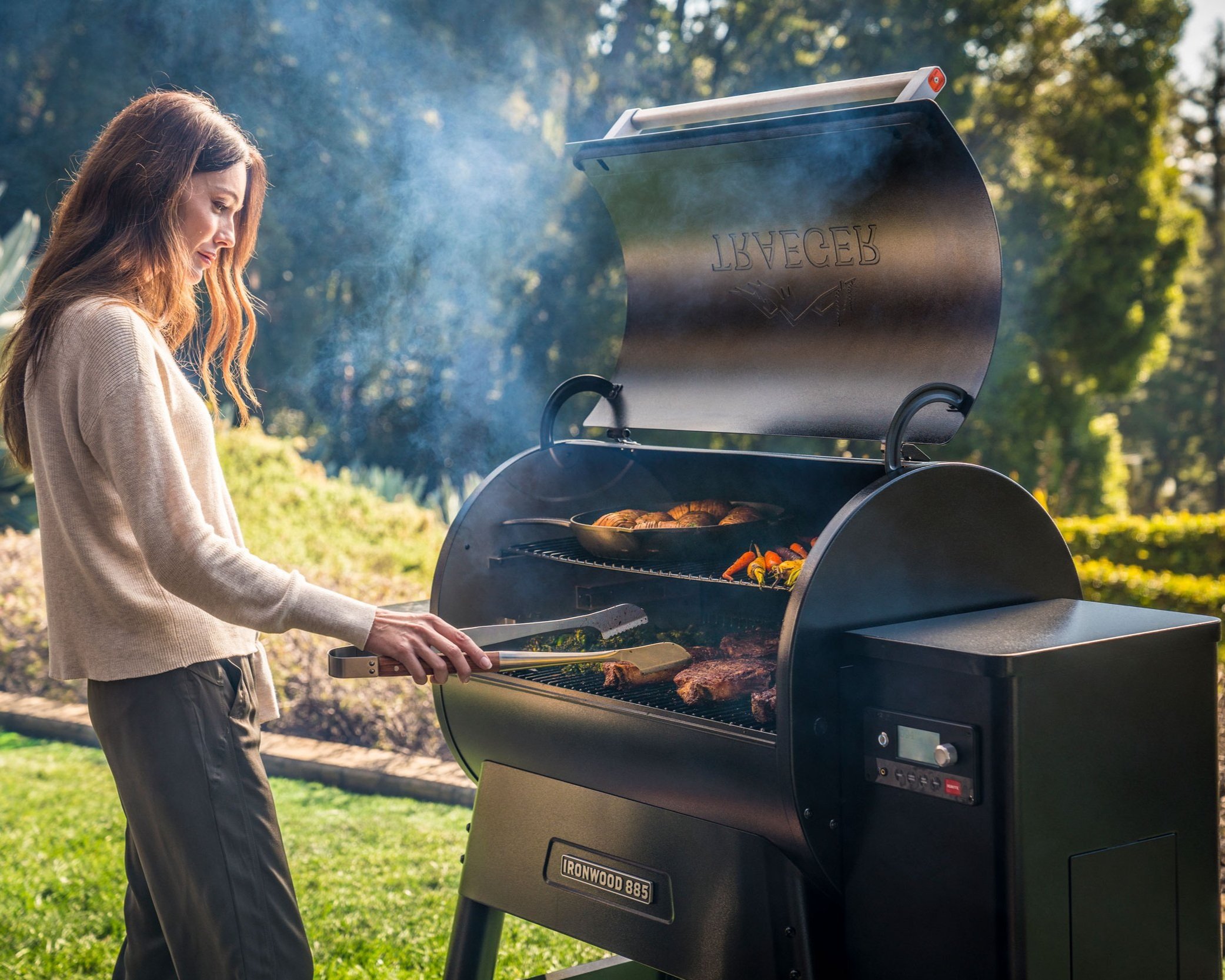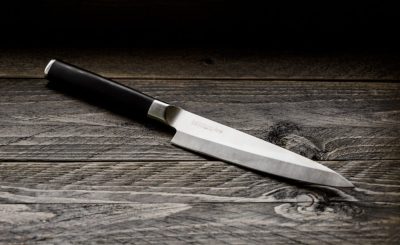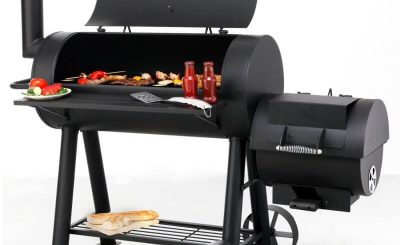With so many different types of pellet grills on the market, and each one boasting its own unique features, it can be a challenge to figure out which one is right for you. But if you’re trying to decide between a gas or electric-powered pellet grill, there are a few things you should consider.
The first thing you need to know about pellet grilling is that it’s not traditional barbecue. Rather than cooking with wood chips, as is done in most other styles of barbecue, pellet grills use compressed sawdust instead. Because of this, good pellet smokers have several advantages over their gas and charcoal counterparts. Most notably, they’re easier to set up and clean, they don’t smell like smoke (unless you want them to), and they usually come with more accessories, such as side burners, baskets for meats and vegetables, and racks.
Since they take less time to cook than regular grilled meat, pellet grills are also ideal for those who are looking to put together an all-inclusive outdoor experience without the hassle of having to babysit a fire pit. And since these grills are fueled by pellets rather than gas, they don’t require any sort of chimney or ventilation system. You can literally just throw some wood pellets into the chamber and walk away, leaving your grill to do its job.
Pellets: The fuel of choice
When choosing your new pellet grill, you’ll find that the main difference between them is how much energy they use; gas grills use oil or propane to heat the grill, while electric grills use electricity. This means that they cost more to operate, but they’re also safer to use because no flame is involved.
If you’ve already decided that you want to go with an electric pellet grill, you might wonder why you would ever choose gas when electricity is so much better. To understand why electric is superior to gas, let’s talk about the two different ways pellet grills work.
Gas-fueled pellet grills use a burner underneath the grill that heats up the metal grate inside the cooker. When you start the grill, the burner ignites, heating the metal grate until it gets hot enough to turn the food on top of it.
Electric-fueled pellet grills rely on thermocouples (or RTDs) to keep track of the temperature of the grill. These thermocouples send signals to the controller, which then turns the burner on and off based on the temperature of the grill. Since the pellets themselves aren’t combusting, you won’t see flames or hear sounds from a gas-fueled pellet grill – only a very low level of noise.

While both methods of pellet grilling work well, there are still some benefits to using gas over electricity. For example, gas-powered pellet grills tend to be cheaper than electric units, and they’re often quieter. If you live near a lot of power lines, or you’re worried about carbon emissions, you may prefer a gas-powered pellet grill.
However, even though electric pellet grills are safer to use than gas ones, we still recommend checking with your local utility company to make sure they’re safe to use around your home.
Soaking your pellets
Before putting wood pellets into your pellet grill, it’s important to soak them for at least 24 hours beforehand. This helps ensure that they don’t catch fire during storage, and that they don’t cause any burns when they get inside the cooker. In fact, some people say that soaking pellets even longer, like 48 hours, gives them a slight advantage when it comes to flavor.
To soak your pellets, simply leave them outside overnight in a bowl filled with water. Once they’ve soaked long enough, drain them and store them in a sealed container. Remember to dry them completely before using them in your pellet grill. They should be fully dried before you add them to the chamber.
If you don’t plan to use your pellet grill for a little while, you can also soak your pellets in the freezer. Not only will this help preserve the pellets for later use, but it will help remove excess moisture from the pellets, making them last longer in your grill.
How much fuel does my pellet grill use?
Each pellet grill is designed differently, and as such, they all use different amounts of pellets throughout the day. However, the typical amount of fuel used by most pellet grills is anywhere from 5 to 10 pounds per hour. That means that if you’re planning to cook on a fairly large scale, you’ll probably need a larger pellet grill than if you were cooking for just yourself.

Of course, that doesn’t mean you need to buy a $5,000 grill every month. Pellet grills generally range in price from $400-$1,500, depending on what type you purchase and whether you get additional extras like baskets, shelves, grates, etc.
What kind of maintenance can I expect?
Like anything else, pellet grills must be maintained properly in order to be functional. Fortunately, maintaining a pellet grill isn’t nearly as difficult as maintaining a gas grill. While you might have to replace parts occasionally, you shouldn’t have to do so too often.
For starters, it’s important to remember that pellets are made of wood. As such, they’ll naturally wear down over time. To avoid this problem, you should always run your pellet grill empty for at least 30 minutes after every use. After running it empty for that long, you can store it for a few days before using it again.
Once you start using your grill again, make sure you give it a good cleaning before putting it back into service. Make sure to dry the bottom of the chamber thoroughly, and check the door seals to make sure they’re tight.
Is pellet smoking healthy?
As with any type of food preparation, you have to ask yourself, “is it going to kill me?” In this case, the answer is absolutely not. In fact, pellet smoking has been proven to be healthier than traditional cooking methods.
Since pellets don’t contain harmful toxins or chemicals, they emit fewer fumes than traditional methods of barbecuing, such as wood coals. Also, because pellet smokers use very few moving parts, they don’t create a lot of dust.



